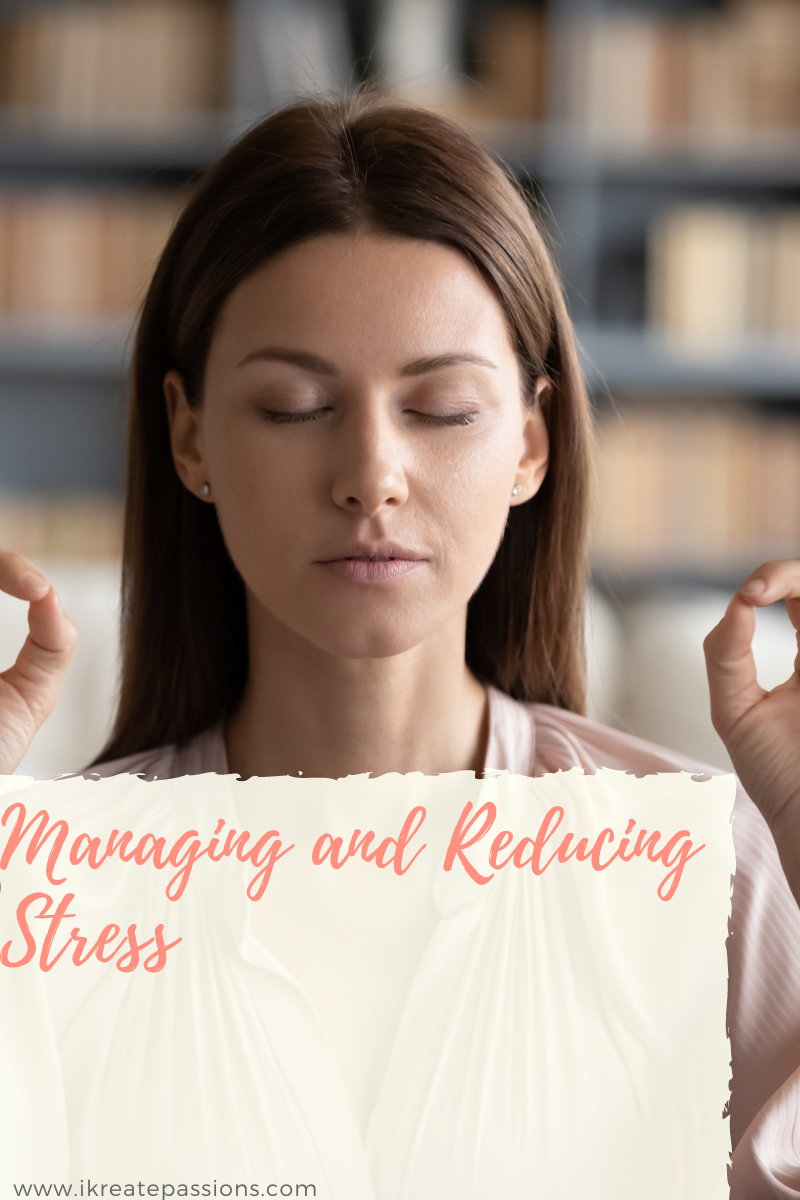A lot of us are feeling the pressure lately. We’re living in the midst of a cost of living crisis. We’re facing less secure working conditions, the price of everything is going up and wages aren’t really staying in line. Then we have the usual pressures of day to day life to take into consideration too. But what can you do to manage and reduce stress during these times? Stress can have a heavily negative impact on both your physical and mental health. Stress can result in tension, headaches, stomach issues, skin issues and more. It can also cause irritation, frustration, exhaustion, depression, anxiety and a host of other issues, that can then culminate in social withdrawal, eating disorders and more. Here are a few suggestions that can help you to manage and reduce stress in your life in a healthy and positive way.
Seek Professional Support
First and foremost, we need to note that if you are experiencing chronic stress to the point that it is negatively impacting your life on a regular basis, you need to seek out professional support. Speaking to your doctor can see you receive the guidance you need. Whether that’s diagnosing an underlying condition, referring you for therapy or counselling, recommending medication or anything else. There are also further support networks out there, ranging from support groups to helplines and mental health charities you can reach out to.
Scheduling
Often, we end up stressed because we overburden ourselves. We commit to too many responsibilities or plans and end up experiencing burnout. Instead, you need to make sure that you schedule your life and time and ensure that you’re leaving sufficient gaps between plans to rest and recuperate, focusing on yourself for a while. A good way to achieve this is by timeblocking your calendar. Take your calendar and make sure that it’s not packed from morning to night. You should aslo block out specific sections to simply do nothing or do things you enjoy and are low commitment.
Communication
Stress can often stem from disagreements and miscommunication between you and others. This could range from a romantic partner to friends to people at work. It’s important that you make sure to responsibly and appropriately tackle and deal with arguments and other problems in a healthy way. At work, this may involve candid meetings with HR while maintaining professional composure. For other relationships, therapy and counselling could help. Healthy communication can resolve issues much more quickly, reducing stress for everyone involved in any conflict.
Aromatherapy
Did you know that aromatherpay can induce calm and create a more relaxed and laid back environment for you to spend time in? Aromatherapy is the use of scents – usually essential oils – to encourage certain feelings and states of mind. Do some research into the different options available to you and find those that will best suit your individual needs and preferences.
Massage
What’s more relaxing and soothing than a massage? When you book a massage, you enter a tranquil and laid back environment with soothing sounds, dimmed lights and calming scents. Your massage therapist will prepare the type of massage you’ve booked, whether that’s a Swedish massage, a hot stone massage, an oil massage or anything else. You will be able to lie down and relax while they use soothing strokes to release tension in your chosen area. Back massages tend to be the most popular, while head, shoulder and feet massages remain common choices too. If you want to incorporate massage into your daily experience, you could look into investing in a chair massage or massage gun too!
Sleep
Getting sufficient sleep can drastically change how your body reacts to stress. Chronic sleeplessness can cause stress, as you may struggle to focus and concentrate on the things you need to do in the day. Aim to always get your recommended eight hours of sleep each night. This will leave you well rested and ready to face the day ahead. There are steps that you can take to assist with this if you struggle. From speaking to a doctor about issues such as insomnia to creating a good bedtime routine. Make sure to avoid caffeine from the afternoon onwards, reduce blue light exposure and put devices away towards bedtime, block out natural light and even try soothing soundtracks to drift off to.
Hopefully, at least one of the approaches outlined above should help you to manage and reduce stress in your day to day life and routine!


